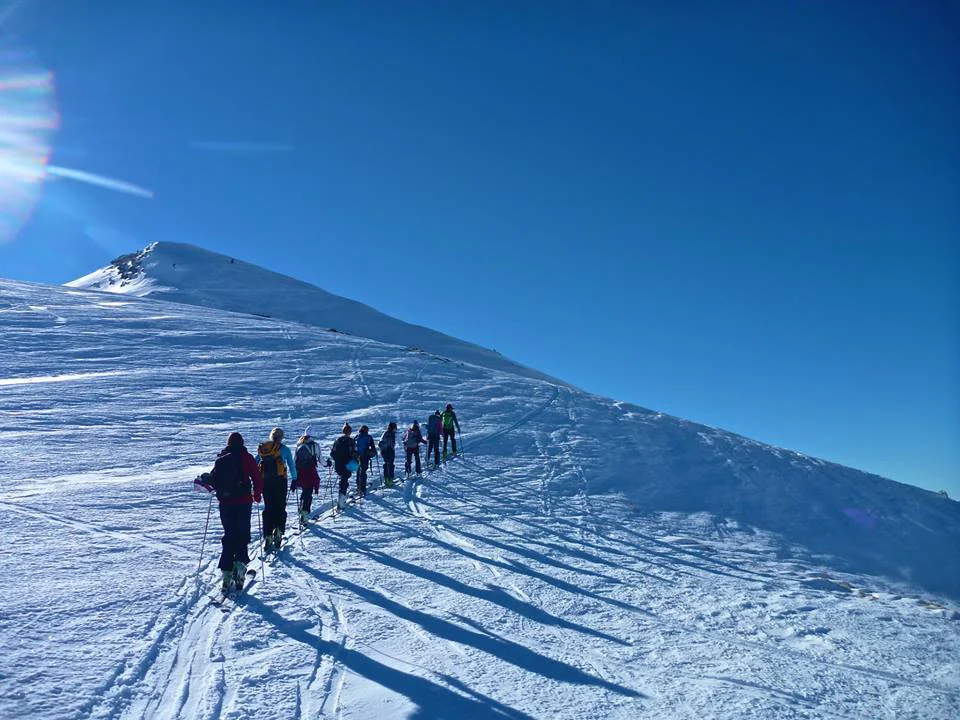In mid-January (2017), The Telegraph, a daily newspaper in the UK, ran an article under the headline "Half of young people have so many 'emotional problems' they cannot focus at school, study finds".
The following is an excerpt:
Professor Louise Arseneault, ESRC Mental Health Leadership Fellow at the Institute of Psychiatry, Psychology and Neuroscience, King’s College London, said: "Given the profound uncertainty surrounding recent political events and the fact that young people face the worst job prospects in decades, it's not surprising to read that one in four young people aged 16 to 25 don’t feel in control of their lives.
Professor Arseneault continued: “Although it’s obviously alarming that these concerns play on young minds, it’s encouraging to see that young people have an interest in actively shaping their own future.”
Of those who do not feel they are in control of their lives, 61 per cent said they felt this was because they lack self-confidence [emphasis ours], and that this holds them back.
Sixty-one percent? Wow!
This blog is full of other posts, including links to news articles, that help identify the challenges of growing up in the modern world. Just scroll down. If you're looking for tried-and-true solutions, you have our coordinates.


